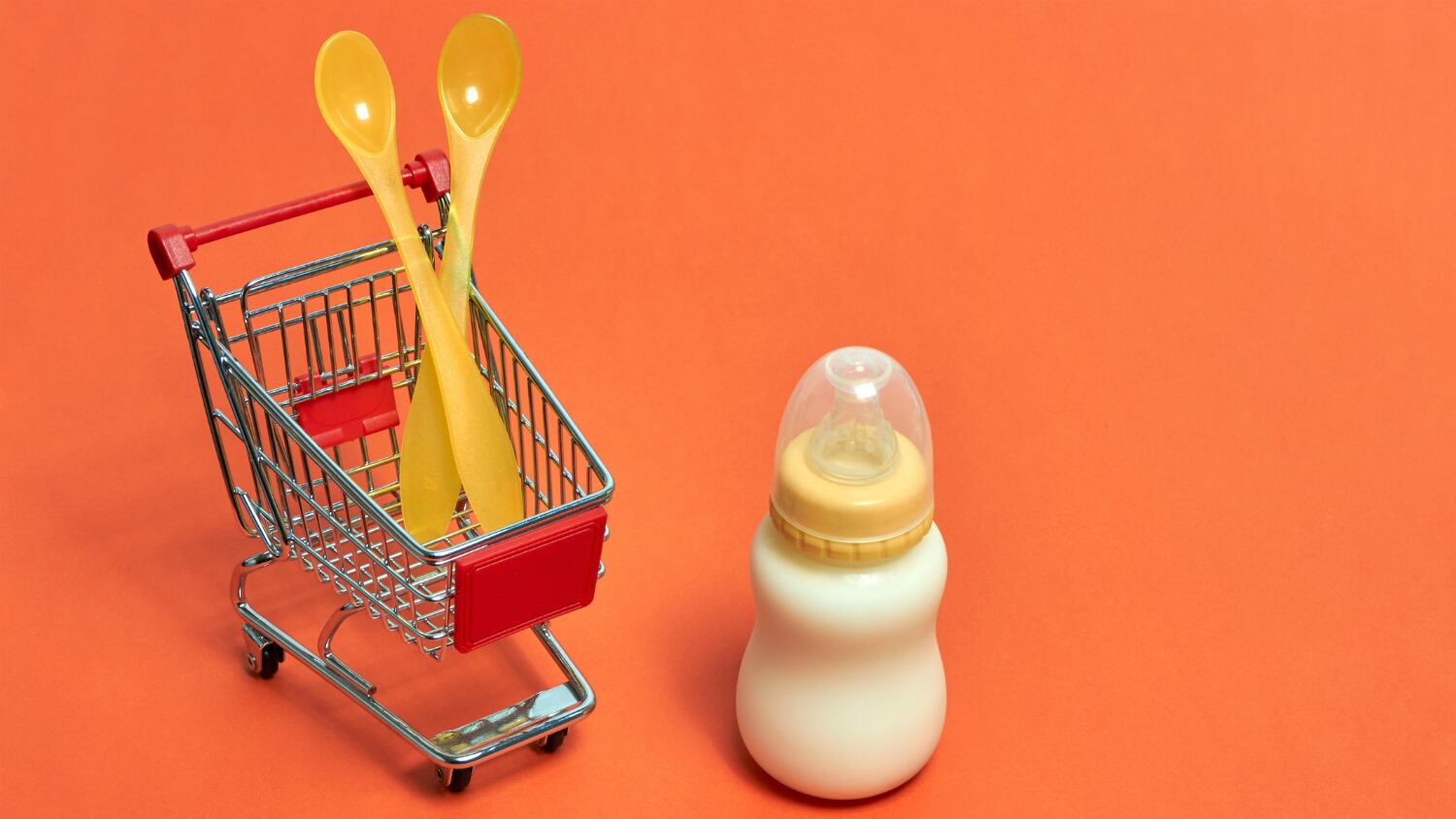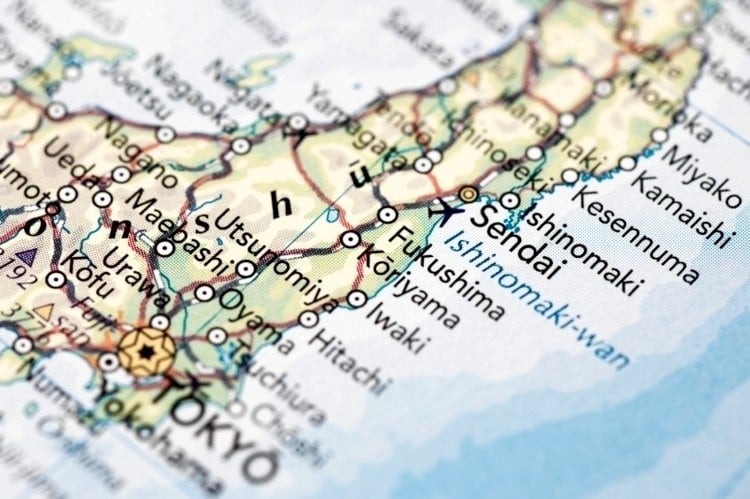Are Thai regulations hampering industry innovation and limiting options for child nutrition?
Thai regulators and industry have been "engaged in very serious discussion" over which types of products for children should be allowed to be registered and sold as dietary supplements, as current regulation may be hindering innovation.
This was revealed by San Chaithiraphant, attorney in Intellectual Property and Regulatory Affairs at law firm Tilleke & Gibbins, who was speaking at the recently concluded Vitafoods Asia 2018.
He was joined by his colleague, regulatory affairs manager Attachai Homhuan, who added that while the infant nutrition industry in Thailand was strictly regulated, there remained several areas where the regulatory process was unclear.
Philippines fortification: Province pushing for greater consumption of iron-fortified rice
The local government in the Philippine province of Ilocos Norte in Laoag City is seeking to promote greater consumption of iron-fortified rice, amid fears that higher costs are hampering efforts to increase uptake.
The council held a public hearing recently, where provincial board member and chairman of the committee on agriculture Domingo Ambrocio called for suggestions from the Department of Science and Technology (DOST), National Food Authority (NFA) Provincial Agriculture Office, Provincial Nutrition Office, and Rice Millers Association of Ilocos Norte — among others — on the best way to roll out an iron fortification programme.
Rice fortification using iron began as early as 2004, but so far, adoption has been slow, with one of the main obstacles being cost.
FSSAI shines fortification spotlight on diary sector while hitting out at critics
The FSSAI is once again urging manufacturers to fortify their staple foods, this time shifting its attention to India's dairy firms to encourage them to adopt voluntary milk fortification.
The regulator took the opportunity to address dairy companies at its national consultation on milk fortification in New Delhi, held just two weeks after it had published a notification detailing its updated guidelines for food fortification.
The consultation — jointly organised by the FSSAI, Tata Trusts and the National Dairy Development Board (NDDB) — was attended by about 35 private dairy companies and 10 state cooperatives, who participated in an open house discussion on food fortification.
Topics covered included the cost of fortification, sources of vitamins for fortification, and quality control.
India's dairy taint: Over two-thirds of all milk and milk products violate standards
Roughly 68% of all milk and milk products in India has been found to be in violation of the Food Safety and Standards Authority of India's (FSSAI) standards – despite the regulators' recent proposal of a penalty of around US$14,000 (INR1m), or a maximum of lifetime imprisonment for intentionally adding adulterants to food products.
The most commonly found adulterants include detergent, white paint, caustic soda and refined oil.
“Other contaminants like urea, starch, glucose and formalin are also used to deliberately adulterate milk as they provide thickness and preserve the milk for longer periods,” said Mohan Singh Ahluwalia, speaking for the Animal Welfare Board of India.
The prevalence of this milk adulteration has also been seen to be higher in the north of the country.
"Our members are all supportive": NZ Infant Nutrition Council ad restriction proposal well received by industry
The Infant Nutrition Council in New Zealand has applied to the NZ Commerce Commission for an extension of the restriction on infant formula advertising, to prevent marketing to parents of children under a year old.
Presently, the restriction covers parents of children below six months of age, but in a seemingly counter-intuitive move, the council has deemed an extension necessary.
CEO Jan Carey told NutraIngredients-Asia: "This initiative was supported by the Ministry of Health. Follow-on formula is a breastmilk substitute, and we believe the marketing for any breastmilk substitute should come under the interpretation of the WHO's Code of Marketing of Breast Milk Substitute."
The council had said a letter sent to Caroline McElnay, New Zealand's Director of Public Health, was what pushed it to propose the new measure.





